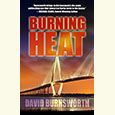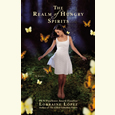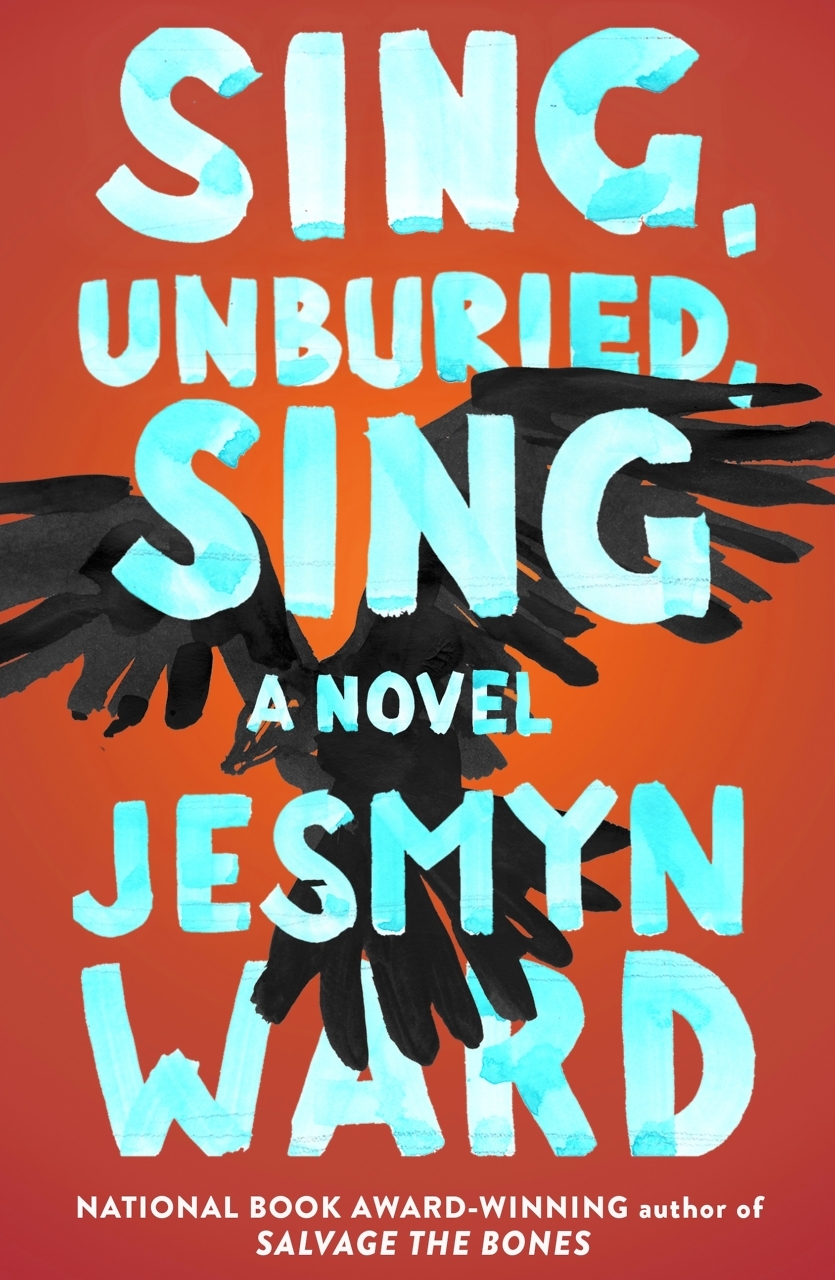A Home in Writing
A unique writers’ group in Memphis has produced a book of first-hand accounts of homelessness
In her introduction to Writing Our Way Home: A Group Journey Out of Homelessness, Ellen Morris Prewitt writes that “‘homelessness’ is a continuum.” Prewitt serves as co-facilitator of The Door of Hope Writer’s Group, a weekly meet-up for homeless writers in Memphis. The new book, a collection of personal essays by members of the group, sheds light on both the continuum of homelessness and the journey which new writers must take to find an authentic voice.
 Writing Our Way Home is organized as a kind of collective timeline. Chapter headings like “When We Were Young,” “When We Became Adults,” and “Day-To-Day Without A Home” provide a structure that allows these writers to present the complete stories of their lives, and not just the dramatic second acts that find them living on the street, seeking food, looking for a dry place to sleep, and avoiding arrest and attack. Most reporting about homelessness fails to offer such complete portraits, but a book-length work of first-person accounts is the perfect vehicle for conveying a complex and nuanced view of the subject.
Writing Our Way Home is organized as a kind of collective timeline. Chapter headings like “When We Were Young,” “When We Became Adults,” and “Day-To-Day Without A Home” provide a structure that allows these writers to present the complete stories of their lives, and not just the dramatic second acts that find them living on the street, seeking food, looking for a dry place to sleep, and avoiding arrest and attack. Most reporting about homelessness fails to offer such complete portraits, but a book-length work of first-person accounts is the perfect vehicle for conveying a complex and nuanced view of the subject.
Each chapter consists of a set of short prose pieces that address the topic. In “When We Were Young,” for example, Latasha Jackson writes about a time when the idea of having a home was relatively uncomplicated: “A special place for me takes me back to my childhood. It was under my baby brother’s baby bed. I used to sit under his bed and put a sheet in front of it. I used to pretend it was my own little house,” she writes. “I liked it because I was quiet and peaceful. I could go there and be in my own little world.”
 Of course the stories get less “quiet and peaceful” as the chapters progress and entries about child abuse, rape, alcoholism, and drug addiction become more common. But this peek at life on the streets never conforms to clichéd hard-luck stories that might be put right with a bootstrap pep talk and a dose of determination. The writers themselves defy stereotype: one writer was an academic wunderkind who graduated from high school at the age of sixteen; another describes a raucous, loving home full of happy siblings and thoughtful parents. The stories vary widely, but no one with a passing understanding of homelessness will be surprised by how many of these tales stem from medical emergencies, mounting bills, and missed work. When it comes to homelessness, that’s the American way.
Of course the stories get less “quiet and peaceful” as the chapters progress and entries about child abuse, rape, alcoholism, and drug addiction become more common. But this peek at life on the streets never conforms to clichéd hard-luck stories that might be put right with a bootstrap pep talk and a dose of determination. The writers themselves defy stereotype: one writer was an academic wunderkind who graduated from high school at the age of sixteen; another describes a raucous, loving home full of happy siblings and thoughtful parents. The stories vary widely, but no one with a passing understanding of homelessness will be surprised by how many of these tales stem from medical emergencies, mounting bills, and missed work. When it comes to homelessness, that’s the American way.
Just as there’s more than one path into homelessness, there’s also more than one way to write about it, and the styles on display in Writing Our Way Home are as varied as the tales the writers tell. Tommy Payne is cooly intellectual in writing about music, baseball, insomnia, or painting, but Master Major Joshua Williams’s entries often veer into impressionistic poetry, conveying raw emotions while only hinting at their subjects.
In “What Sent Us Into Homelessness,” Veyshon Hall addresses the book’s readers directly: “To those who think homeless folks in a writing group is strange, I’d say, ‘I think you’re strange too.’ To others thinking of starting a writing group, I’d say, ‘Keep writing alive.’” Writing Our Way Home keeps writing alive, but it’s also a testament to the power of writing itself—the kind of lifeline everyone needs, homeless or not.

Joe Nolan is a writer and intermedia artist in Nashville. His articles about homelessness and poverty have been published by The Contributor, translated into three languages, and reprinted across Europe.


